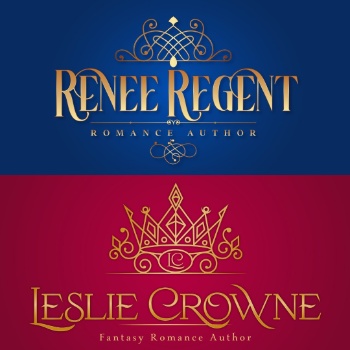Are Newsletters On The Way Out?
Tuesday, September 26, 2017 | By: Renee Regent
The warning signs are everywhere. “Newsletter fatigue” is setting in among readers as authors (and well, pretty much every business on the internet) inundates their inboxes with special offers. Yet, authors are still being told by every marketing guru out there that a newsletter to your fans is a must. But how effective is it as a marketing strategy?
Gold Fever
I’ve heard the mantra since I got serious about becoming a published author years ago. “Your mailing list is gold. They are your fans. They want to hear from you.” I believe the essence of this is true, in theory. If someone signs up to be on your mailing list, they are agreeing to hear from you, right?
Not always.
Part of the problem is the sheer number of authors using this tactic has overwhelmed the market. It’s no longer new, or unique; pretty much every author has a newsletter sign up on their website for which they actively seek subscribers, promising freebies, exclusive content, and other goodies in exchange for their coveted email address. So the competition factor has forced authors to be more creative in enticing readers to sign up. Just liking your books seems to be the last reason readers sign up these days.
More Free Stuff!
Another common way to get readers to sign up is mass promotion, or cross-promotion. Promotional companies or groups of authors offer gift cards or other prizes to readers in exchange for signing up to the mailing lists of several authors listed on their promotion. This seems to work, and sounds like a great way for readers to find new authors. But when the main motivation for someone signing up is a prize, and not you as an author or your books, will they stick around and actually read your newsletter? Or will they opt out the first chance they get, or worse, put your emails into spam?
Speaking of Spam…
I have been getting occasional emails from authors I have never heard of, spamming me about their book. I couldn’t figure out how that was happening when I had not signed up for their newsletters. But today I saw a conversation on Facebook where another author received over sixty (!) unsolicited emails from other authors spamming about their books. The thread was long as others commented they, too have been inundated with unsolicited emails from authors. Somehow, author newsletter swaps are occurring and getting into email lists. These kinds of abuses are precisely why readers are getting fatigued.
Sending your email to someone who never asked for it is spam, plain and simple, whether you do it directly or through a co-opted swap. It is also illegal and likely against the Terms of Service of your email service provider.
Another reason you want your list to be comprised of engaged readers is the fact that maintaining a list can be costly. Most email services charge when you get to a certain number of contacts or send out a certain number of emails. Which is disheartening when you find the open rate is small compared to the number you are mailing out and paying for. Some authors go through periodically and delete contacts who don’t open the emails, but apparently some email platforms allow reading without fully opening, so they may be purging engaged readers. There is no definitive way to tell for sure if the newsletter is being read. So, rather than having tons of subscribers who may or may not care to be on your list, wouldn’t it be better in the long run to cultivate a list of readers who really do want to hear from you?
The Struggle Is Real
Email itself has become a necessary evil in our lives. It’s a struggle for many to keep up with. I have a friend whose little red dot on her phone says she has over six thousand unread emails! I’m sure she is not alone, and some of those unread emails may well be from some of her favorite authors. (I am one of those who obsessively clears my emails, so no red dots for me. But I still struggle with reading them all in a timely manner).
No doubt newsletters still work for many, but there are challenges. If you end up with a certain percentage of loyal readers who really do read and respond to your email newsletter, then it will be worth it. Just don’t engage in abusive practices, or expect miracles from your newsletter. It is just one tool in your marketing arsenal. Like anything else, it all boils down to discoverability and engagement.
When you find that, it truly is gold.


0 Comments